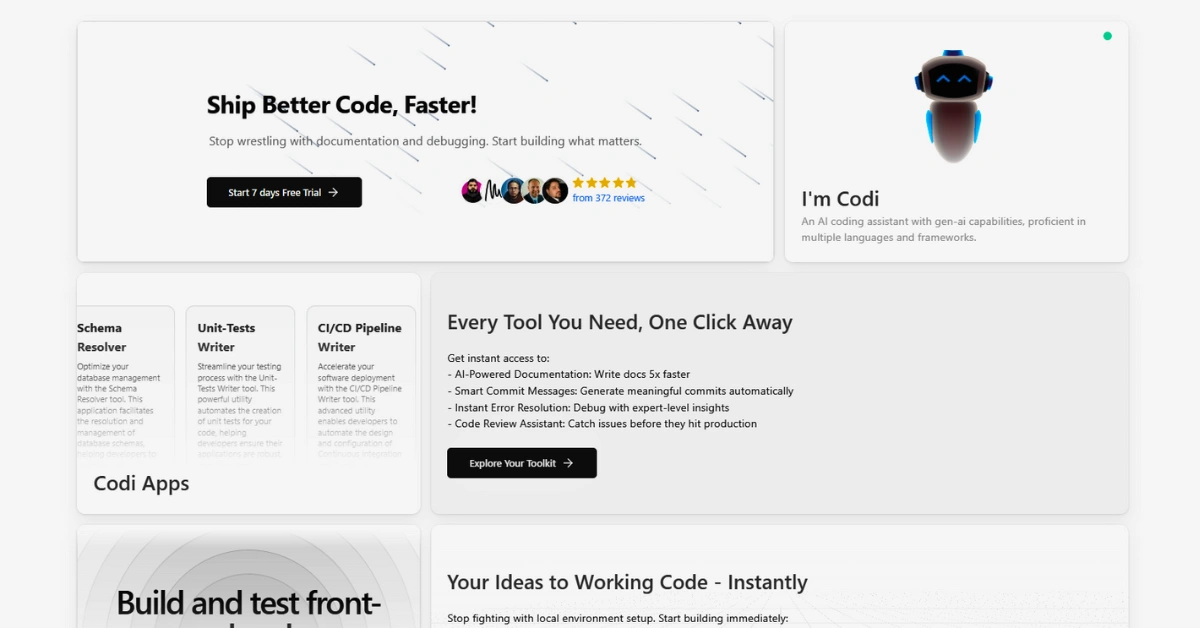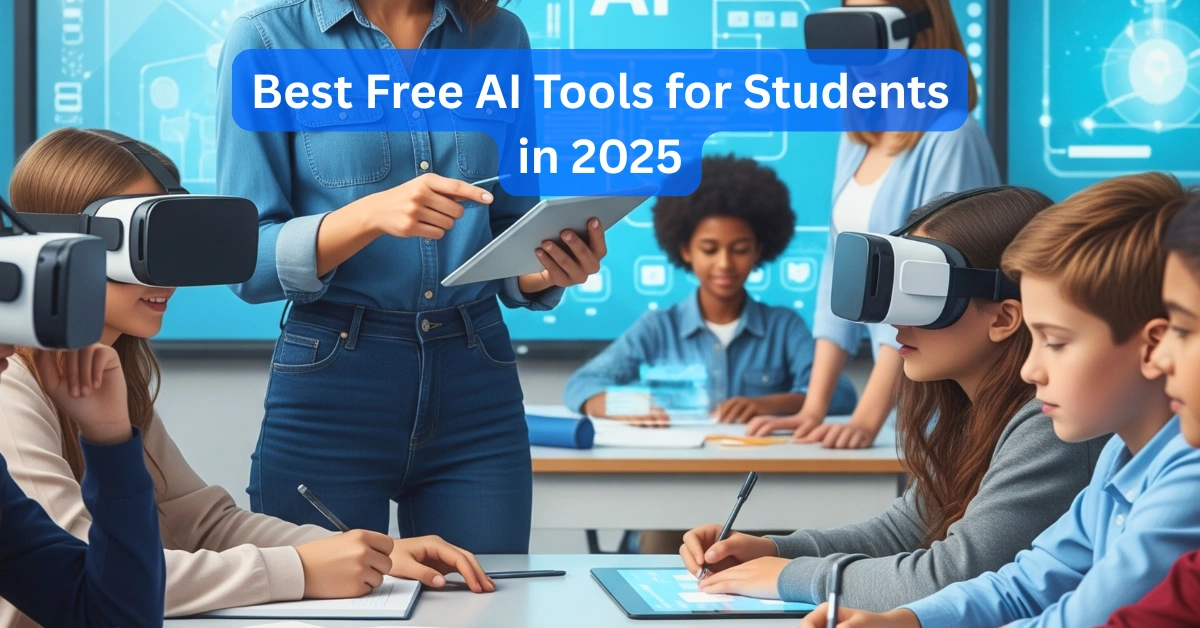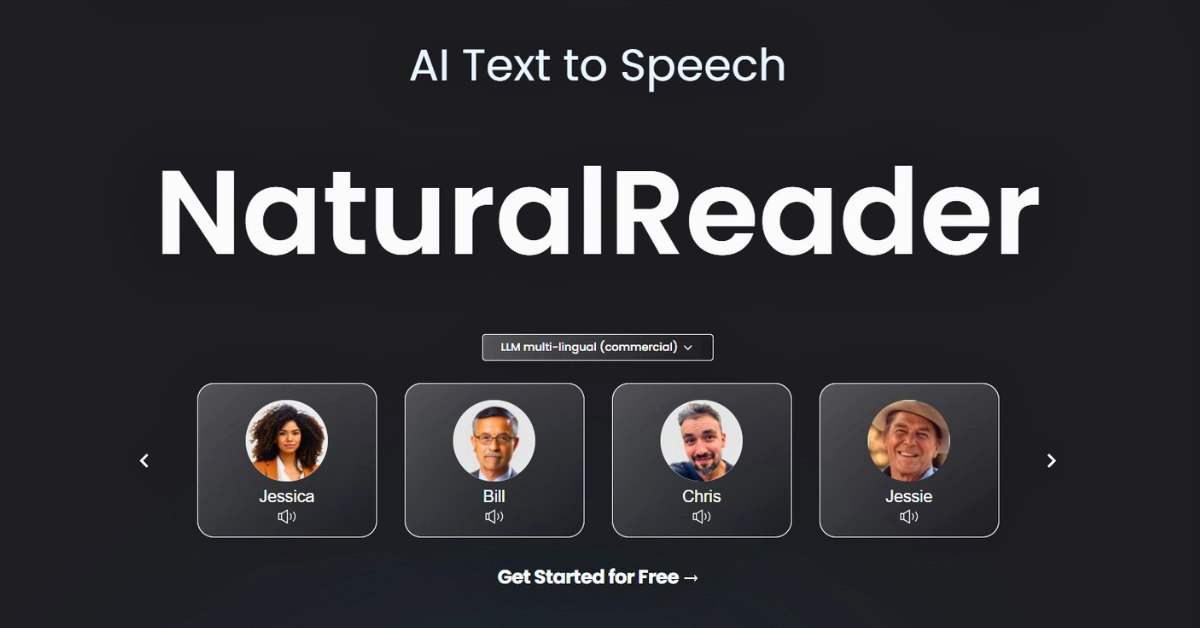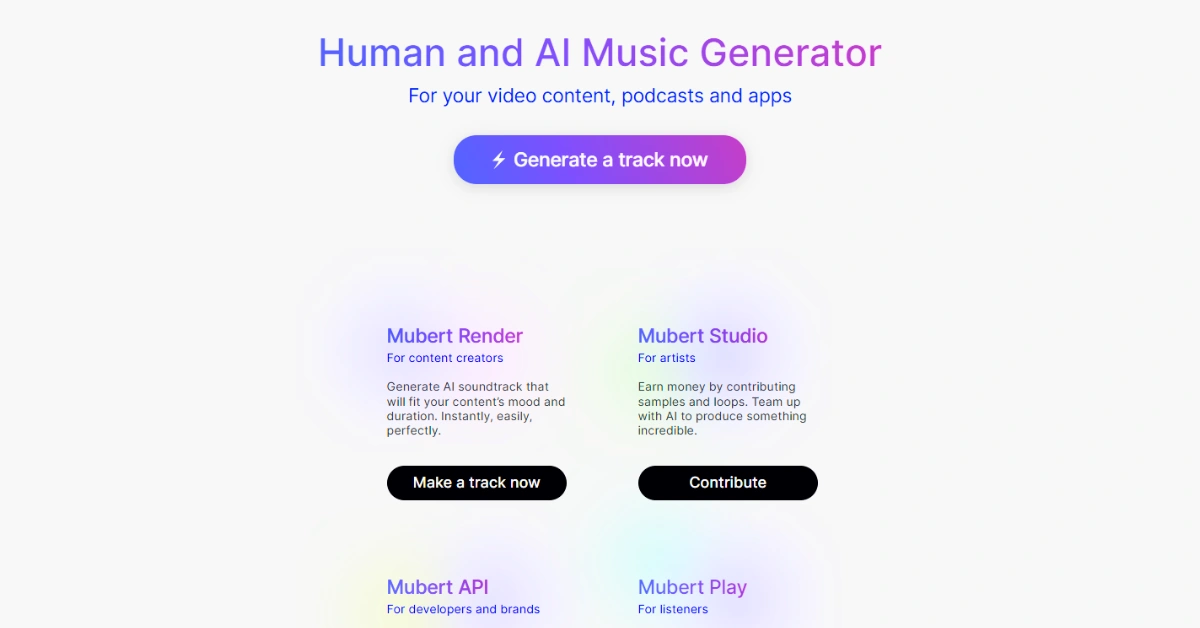The Benefits of AI: How Artificial Intelligence Transforms Our World?
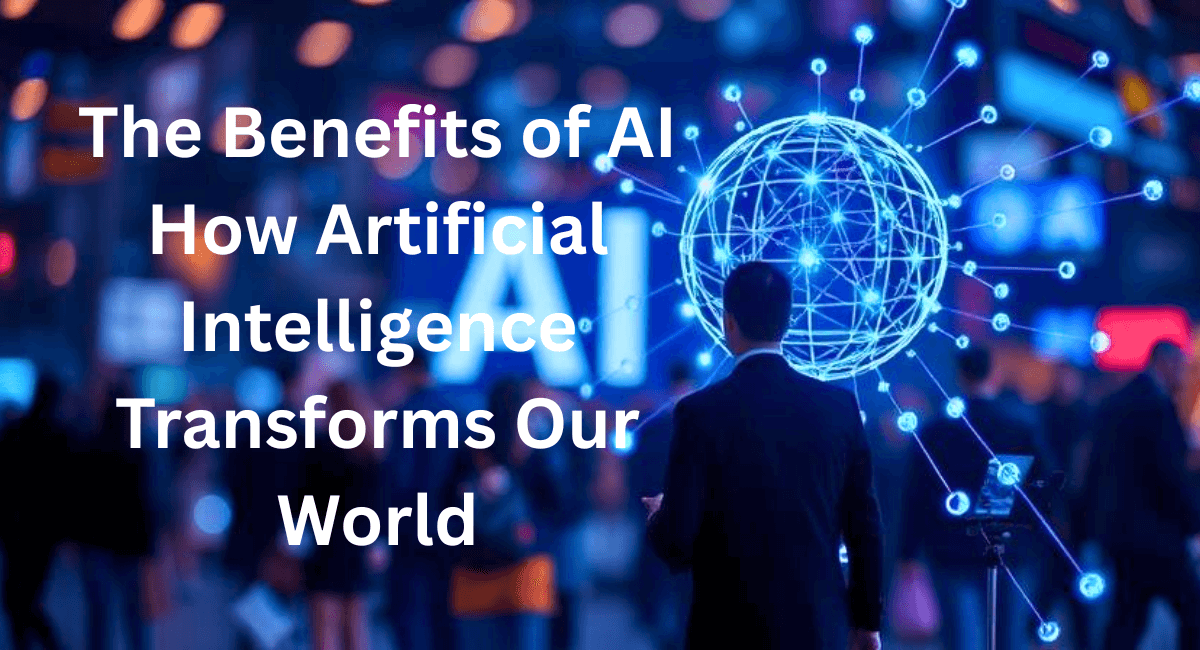
Today, AI is not just a concept of computer science and technology; it is an intelligence system that has become an integral part of our daily routine tasks. With the evolution of artificial intelligence systems, our way of interacting with technology has been reshaped. It has transformed industries.
Moreover, AI helps to perform different tasks like problem-solving, learning, reasoning, and decision-making by imitating human simulation and abilities, overall facilitating automated operations.
Whether you are a doctor who requires it to diagnose patients or an entrepreneur to automate your business operations, AI is changing the way. If you do not know about AI and its life-changing benefits, do not worry. In this article, we will cover the benefits of AI, which are changing the whole dynamics of the digital landscape.
What is Artificial Intelligence?
AI is a system of advanced technology that works like a computer system to perform tasks that typically require human intelligence. It is a system that performs various functions like learning, reasoning, problem-solving, language understanding, and decision making, replacing human abilities.
They operate by copying human cognitive functions and process the information to solve critical concepts. An AI system helps in predictive analysis, analyzing data, patterns, and predicting outcomes smartly and efficiently.
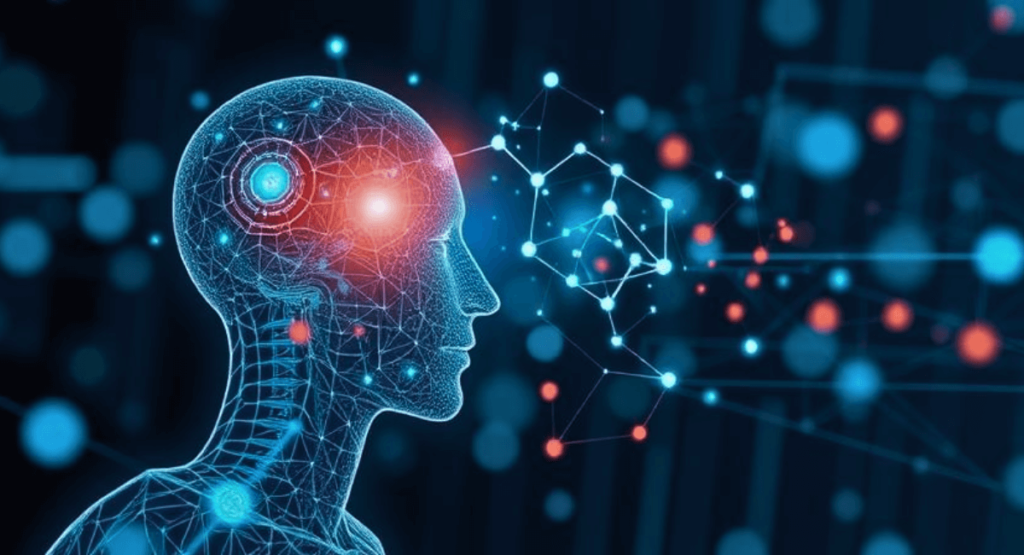
Brief History of AI
AI advancements started in the mid-20th century, which included several events covering the theoretical framework of experimentation for successful development and revolutionizing the technological world.
- Firstly, neural networks were developed in 1950.
- Later on, during the 1970s to 1980s, expert systems were developed.
- In the 21st century, machine learning and deep learning have advanced; these advancements have reshaped the industry’s landscape, leading to self-driving cars and generative AI tools like ChatGPT.
Importance of AI in Today’s World
Well, the need for AI marketing tools in today’s digital marketing is more than ever. If you’re not aware of their importance, then you might not be upskilling lately. Here are why these tools matter in today’s data-driven world:Today, AI is transforming the way of our daily lives. It has reshaped the world dynamics through its groundbreaking tools and technological advancements, which offer innovative AI solutions to solve problems smartly by optimizing resources.
AI has revolutionized every field, from precision medicine in healthcare to smooth operations in the supply chain. Moreover, it solves global issues like climate change, urban planning, deforestation, and resource optimization.
Incorporation of AI has changed our lives. It automates daily life tasks and smoothly streamlines processes to reduce the repetitive task cycle. From smart devices to AI chatbots assisting customers, they automate the operation and simplify our lives by providing personalized solutions instantly.
In addition, it has automated the operation of the company’s typical tasks, like manufacturing and management, by offering versatile AI tools that cater to the needs of various applications. On the other hand, AI provides customized learning approaches for student learning and is evolving in the educational sector
Therefore, in today’s world, AI is an important technological tool to incorporate into our daily lives to automate repetitive tasks that require a lot of effort and time. It will help to achieve efficient results through resource optimization and build a competitive force to lead the technological world.
Core Qualities of AI
These three qualities define AI systems and their transformative role within society.
1. Intentionality
They are designed to achieve specific tasks by analyzing vast data sets and performing actions to generate outcomes. These outcomes came as a result of the solution to the complex problems.
2. Intelligence
AI has an intelligence system that simulates human intelligence. The intelligence system incorporates various abilities of problem-solving, decision-making, and reasoning. AI’s intelligence system processes the data to reach results, ensuring optimized performance and efficiency.
3. Adaptability
AI is an adaptable system that learns from different data sets in various environmental settings and generates its response as the accurate one. It analyzes all data sets in relevant scenarios to refine the final output. The adaptability of AI systems makes AI algorithms relevant and effective to cater to the needs of evolving scenarios.
Benefits of Artificial Intelligence
AI offers various benefits to mankind in different industries. AI, through its versatile and flexible features, also helps firms to stay competitive in the digitally transformative world by offering key benefits that improve productivity. Let’s explore the mainstream advantages of AI.
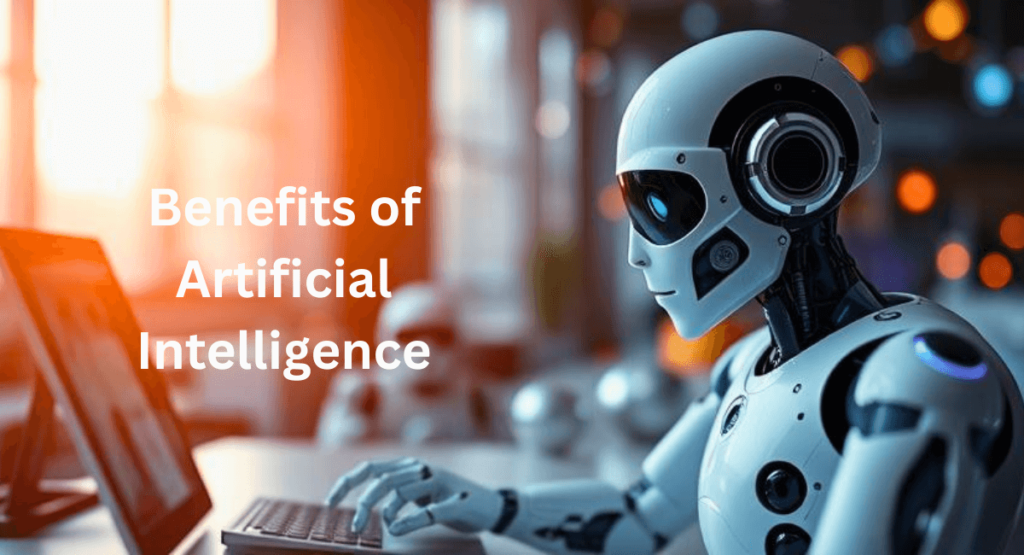
1. Enhanced Efficiency and Productivity
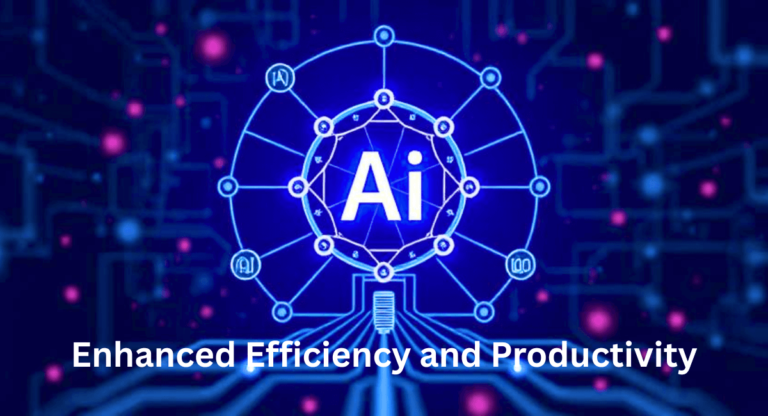
AI has improved the efficiency and productivity of tasks by automating operations and reducing workload to save time. This enhanced efficiency and productivity feature of AI saves organizational resources and time, and lets them focus on strategic goals.
AI improves the manufacturing process through faster production cycles and reduces errors in production line processes. Moreover, it assists in solving customer queries through chatbots, assisting 24/7.
2. Improved Decision-Making
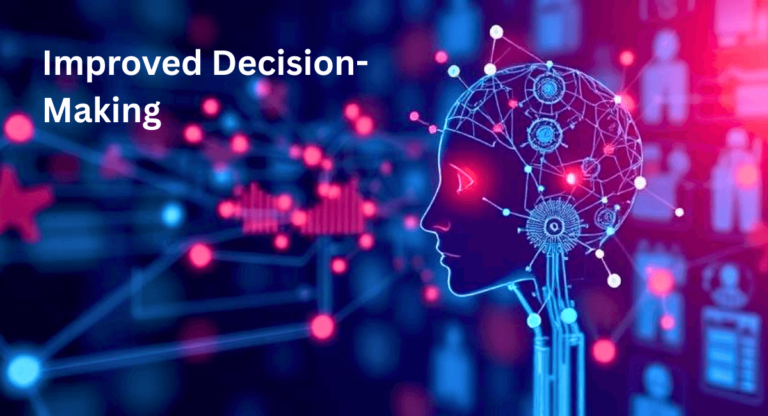
AI uses large data sets to process the information and analyze the data to predict the final results. Through this businesses can get actionable insights, helping in smart decision-making. Overall, an organization can reach informed strategic decision-making through AI incorporation, which offers real-time data integration and updates regarding market trends.
3. Cost Reduction

AI practical application helps to reduce cost as it saves resources and time by minimizing the task cycle and automating functions. In the supply chain industry, AI helps in inventory optimization. However, it provides maintenance updates, reducing downtime in industries such as supply chain and transportation.
4. Improved Customer Experience
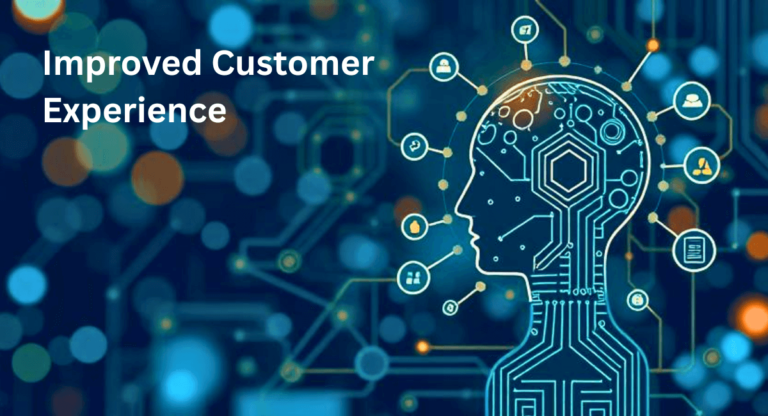
AI offers the benefit of improved customer experience. It helps in assisting customers to solve their complex problems and understand their behavior and needs to give a personalized experience.
Companies can get product recommendations and design marketing campaigns for a customized experience for their customers. AI provides tailored responses instantly through chatbots and virtual assistants to help customers around the clock.
5. Faster Innovation
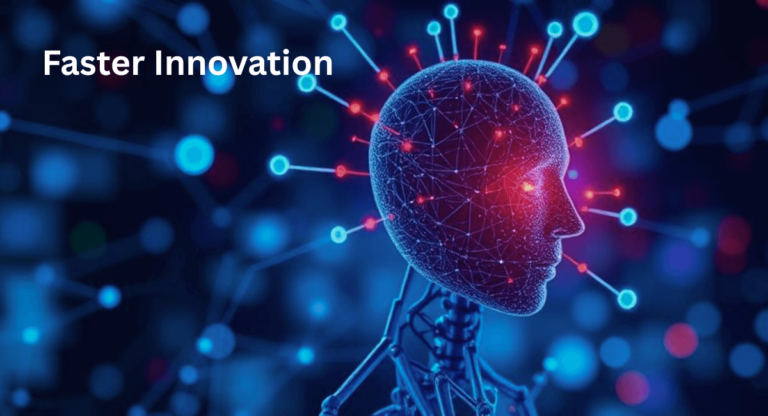
AI brings faster innovation as it advances every field through research and development processes, analyzing vast data sets to identify patterns and generate or predict outcomes. These research practices bring breakthrough advancements in the field of pharmaceuticals, material science, and technology, driving innovation.
6. Increased Safety

AI enables increased safety due to its innovative tools and technological features. It continuously monitors the system to detect any hazards or malware activities in different fields and processes like manufacturing, supply chain, and finance management. It helps to protect data privacy and also provides predictive maintenance updates to avoid delays.
7. Enhanced Personalization

AI provides a personalized approach. It analyzes individuals’ behavior and needs to provide customized responses. This enhanced personalization effect of AI helps to design tailored marketing campaigns and structure customized learning patterns for enhanced learning.
8. Enhanced Creativity

Generative AI helps users generate creative content. AI helps to design innovative and creative art and assists in music composition. Moreover, it aids in generating appealing blogs and content to design creative marketing campaigns for targeted customers.
9. Scalability and Global Reach
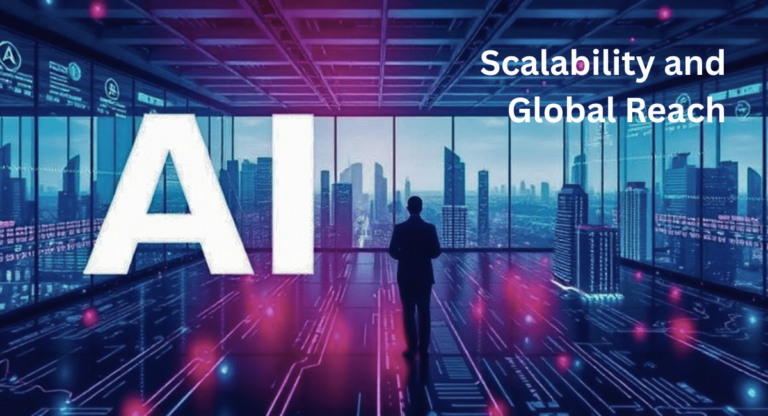
AI is a versatile technological tool enhancing the scalability of the system. It automates the operations and analyzes markets to stay updated with trends. With the help of AI, companies can make strategic decision-making incorporating market trends and other dynamics, redefining their position in the competitive world.
AI empowers businesses to reach globally by integrating with international markets through real-time integration and suggesting strategic outcomes to gain a competitive advantage.
10. Global connectivity

AI focuses on connecting globally, integrating real-time data, and removing communication barriers through language translation. This enhances business collaboration, fostering innovation and inclusivity.
Application of AI in Diverse Sectors
Social media management is an integral aspect of marketing. AI-powered tools allow businesses to automate content scheduling, interactions, and assess performance to increase engagement.
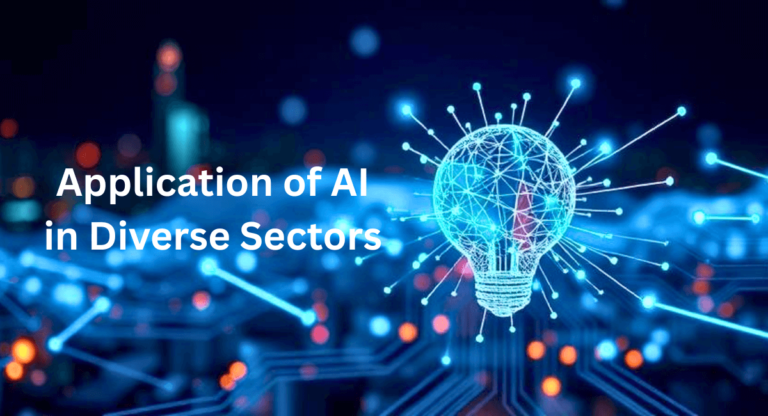
Healthcare
AI is revolutionizing the healthcare sector by diagnosing critical diseases like cancers and providing treatment suggestions for patient care. It provides an AI algorithm to analyze and detect images for diagnosis. However, it helps to design a personalized treatment plan according to the patient’s historical data. In addition, AI helps to reduce the administrative burden by automating tasks like patient scheduling and record management.
Finance
AI in finance plays a pivotal role. In finance, it uses machine learning models to detect suspicious or harmful activities to prevent fraudulent activities for safe finances. AI helps to analyze the financial markets and their trends to stay updated on the financial markets. It also provides financial advice, analyzing an individual’s goals to gain and reduce risk exposure.
Education
AI in education has helped to enhance its learning outcomes. It provides an adaptive learning experience to students by providing customized learning materials based on their needs and helping them understand complex concepts.
Moreover, it helps to reduce the administrative burden of education through its advanced tools, automating tasks like grading and tracking attendance. AI provides AI tutors and virtual assistants that offer support to the students 24/7.
Retail and E-Commerce
In business, AI has transformed their way of interaction with customers. It has facilitated the inventory management process with its advanced AI algorithms and predictive analytics, ensuring optimization of stock levels and waste reduction. AI helps businesses analyze their customers for tailored marketing campaigns for particular segments. It also predicts the demand for current consumption and production, analyzing consumer and market needs.
Transportation
AI has reshaped transportation by enabling self-driving cars, reducing the chances of human errors, and ensuring safety. It has optimized the traffic management system through urban mobility and AI solutions to avoid congestion.
Moreover, it also efficiently plans routes to optimize the logistics system for faster and safer delivery with limited resources, benefiting companies to deliver or get their consignment quicker to customers’ doorsteps.
Manufacturing
In the industrial sector, AI also plays a significant role in transforming its landscape. AI helps to monitor performance and detect defects in production to remove them for quality assurance. It ensures the optimized supply chain process by scheduling the timely production, procurement, and distribution processes for smooth operations.
Smart Cities
AI is playing a transformative role in building smart cities. It helps to design smart infrastructure development and effective land use through AI tools. AI manages energy resources efficiently to opt for a smart grid system to enhance efficiency and save resources. Moreover, it ensures public safety by establishing predictive policing tools to prevent criminal activities.
Societal Benefits of AI
Along with several benefits offered by AI to cater to the various industries for wide applications, it also provides societal benefits. These benefits are offered to make a sustainable and resilient environment with the effective use of AI; thereby, promoting quality of life.
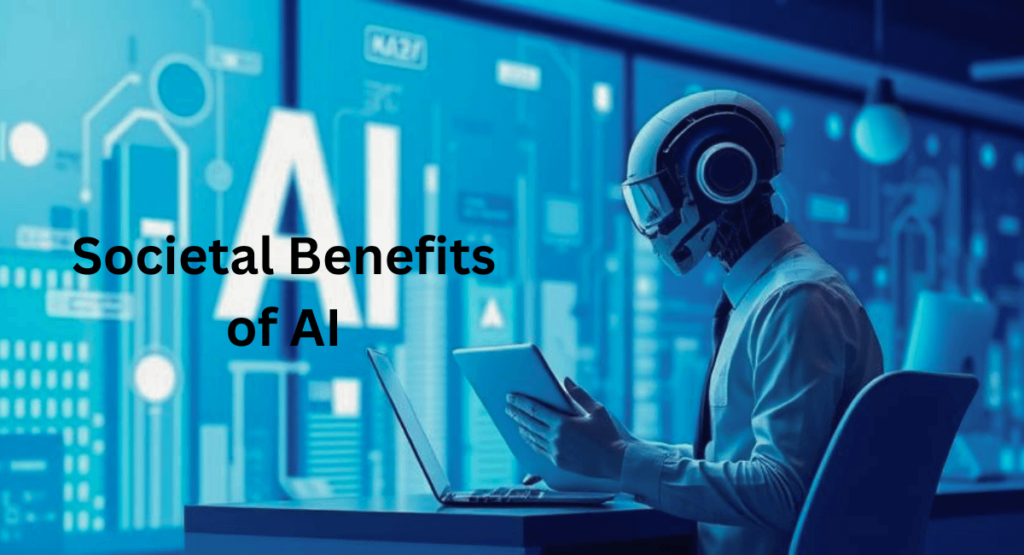
1. Accessibility
AI is offering benefits to disabled people through its advanced AI programs. These tools help to recognize speeches and convert text to speech to enable digital accessibility for all, maximizing human capacity.
It provides AI features for wheelchairs with navigational aids to function autonomously to assist physically disabled people. Moreover, AI helps in advanced language processing for speech and hearing impairment to interact seamlessly in different settings without any obstacle.
2. Environmental Monitoring
Artificial intelligence has helped to improve environments and manage ecological challenges. It provides satellite sensors to analyze land and forest to detect land productivity and water requirements.
Moreover, it helps to predict climate patterns and suggest a combating plan. In addition, AI helps to conserve wildlife by analyzing their migration patterns to protect species.
3. Disaster Response
AI has given a rigorous disaster response management system. This system gives an early warning system by detecting earthquakes and floods, to prepare earlier to avoid maximum damage. It provides aerial images to see the disaster impact through its AI tools. Additionally, AI also enables the system to allocate resources in an emergency.
The Future of AI
AI is transforming different industries with its advancements in quantum computing, edge AI, and human-AI collaboration. These emerging trends of AI shape the future with its technological advancements to mark the growth through wide application.
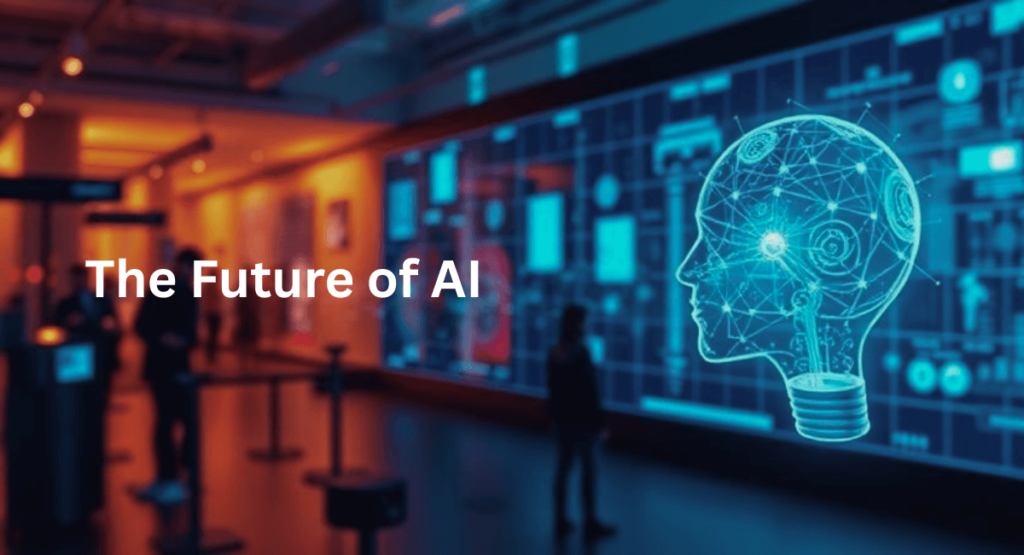
1. Quantum Computing
The quantum computing advancements will enhance the power of processors and help in solving complex problems. It is designed to cater to the needs of fields like cryptography, materials science, and drug discovery.
2. Edge AI
The edge AI enables the system to operate directly on devices rather than relying on a cloud system. It will help to modify its speed to be faster and enable real-time integrated responses.
3. Human-AI Collaboration
Human-AI collaboration has advanced the mechanism and has made AI an effective system. With the required human touch, AI will enhance creativity and decision-making abilities. Moreover, this creates synergistic workflows.
In addition, AI will continue to impact industries and shape their prospects. It has revolutionized the fields from healthcare and education to agriculture and energy. AI will advance the diagnosis of disease and drug discovery. Moreover, it will bring more adaptive learning experiences in education through adaptive learning methods.
Furthermore, in agriculture and energy, it enables innovation with AI-powered tools and addresses complex issues through efficient management of energy and optimization of resources.
Therefore, the future of AI will bring such advancements to transform every field through its innovative tools to change world dynamics and promise a sustainable, efficient, and innovative system.
Conclusion
In short, AI is redefining the digital realm by offering several benefits such as enhanced performance, optimized efficiency, and providing solutions to help decision-making. Not only this, AI offers significant benefits to various industries, from healthcare and finance to education, transportation, and manufacturing.
Moreover, it has also been performing a key role in society by offering smart solutions to disabled people and an environmental monitoring system for a safer and resilient world. Overall, the benefits of AI are immense, and if you want to stay ahead in the competition, implementing AI is a must.
FAQs
1. What are the benefits of AI?
- AI has transformed traditional approaches through its advanced automated systems. It has helped to reduce task cycles, automate business processes, provide customized responses, and reduce costs. Moreover, it also assists in making decisions smartly.
2. What are the pros and cons of AI?
- AI offers several pros, such as enhancing productivity, optimizing performance, and ensuring a more personalized world. However, it has cons that can lead to job displacement and ethical considerations, such as biases and data security issues.
3. How does AI benefit everyday life?
- It offers significant benefits to improve everyday life. AI automates daily and repetitive tasks to save time and offers personalized assistants for better communication. Moreover, it offers a health monitoring system to track the individual’s physical and mental health.
4. How has AI benefited society?
- AI offers several societal benefits. It supports people with disabilities by promoting accessibility. It has an enhanced disaster management system to promote a safe and better environment. Moreover, it provides an urban management system to effectively manage traffic smartly and plan resilient infrastructure, using land efficiently.



